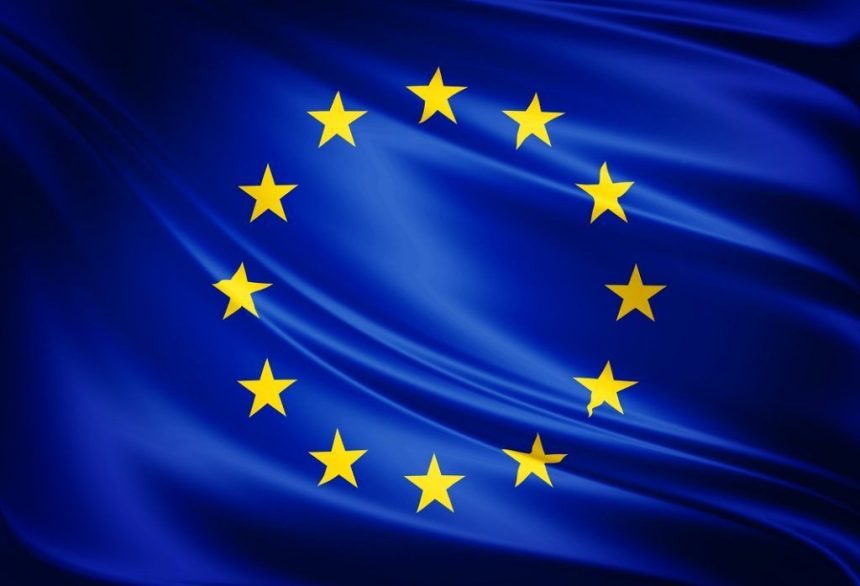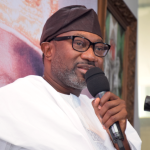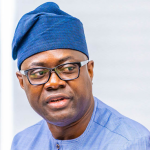The European Union formally launched accession negotiations with Ukraine and Moldova on Tuesday, setting the ex-Soviet states on a challenging path towards membership, a move that Russia has vehemently opposed.
This significant step aims to boost confidence in Ukraine’s future as the country battles ongoing Russian aggression, nearly two-and-a-half years into the Kremlin’s invasion.
“These are truly historic moments. Ukraine is and will always be part of a united Europe,” Ukraine’s President Volodymyr Zelensky stated after the EU’s 27 countries approved the initiation of the talks last week. “Millions of Ukrainians, and indeed generations of our people, are realising their European dream.”
Ukraine, followed by its neighbor Moldova, submitted their EU membership bids soon after Russia’s full-scale invasion in February 2022.
The talks in Luxembourg mark the start of a lengthy and intricate process requiring extensive reforms and overcoming numerous political challenges, which may take many years and does not guarantee eventual membership.
Challenges include not only Russia’s destabilization efforts but also skepticism within the EU, particularly from Hungary.
Nevertheless, Ukraine, represented by Deputy Prime Minister Olga Stefanishyna, has received praise for implementing significant reforms to curb corruption and reduce political interference despite the ongoing war.
“It’s a great credit to the Ukrainian government that they’ve made such progress so fast in the time of war towards accession,” Ireland’s foreign minister Michael Martin commented on Monday. “And I think it reflects a level of competence and genuine commitment on behalf of the Ukrainian government to joining the European Union.”
Russia’s war in Ukraine has revitalized the EU’s expansion efforts, encouraging the bloc to consider new members. In December 2023, the EU also granted candidate status to Georgia, another former Soviet neighbor of Russia, and approved accession talks with Bosnia, while continuing negotiations with Serbia, Montenegro, Albania, and North Macedonia.
The discussions with Ukraine and Moldova will begin with a comprehensive review of the countries’ laws to assess their alignment with EU standards, followed by the EU outlining conditions for negotiations across 35 areas, including taxation and environmental policy.
Significant progress in the next six months seems unlikely as Hungary, known for its friendly stance towards Russia, will hold the EU’s rotating presidency during that period.
The initiation of these talks is particularly poignant for Ukraine, recalling the 2014 protests sparked by a desire for closer EU ties, which escalated into the current crisis with Russia.
In Moldova, the talks come amid heightened tensions, with the United States, Britain, and Canada warning of a Russian plot to influence the country’s presidential elections in October. Moldova’s pro-Western authorities, led by President Maia Sandu, frequently accuse the Kremlin of meddling in its internal affairs, especially with Russian troops stationed in a breakaway region of the country.





